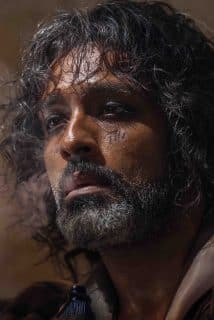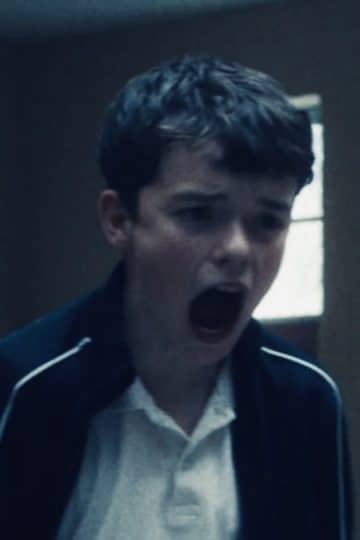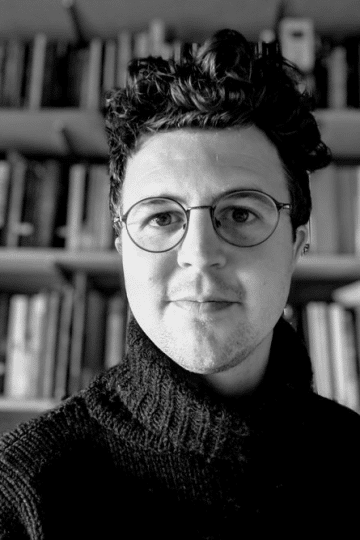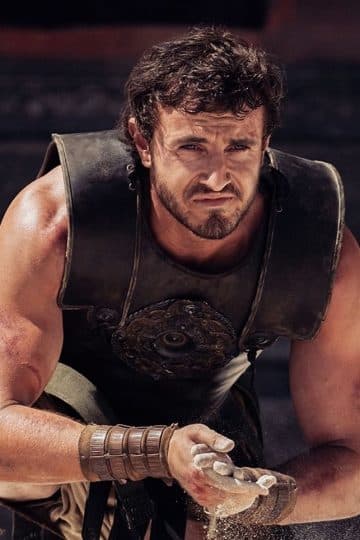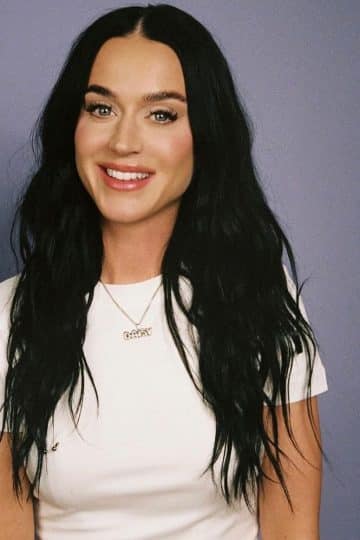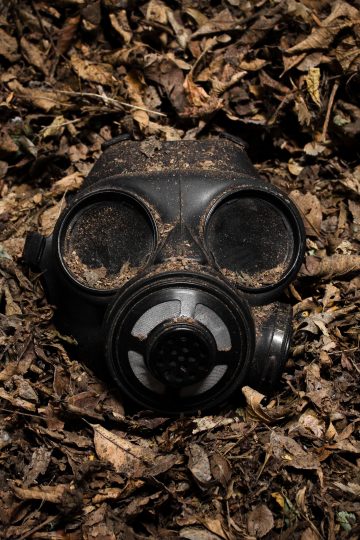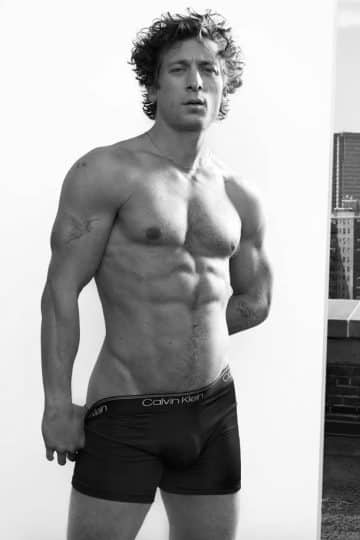Soma Sara – an interview with the founder of Everyone’s Invited
Masculinity
Soma Sara is the founder of Everyone's Invited, the site that shared women and girls' stories of harassment, sexual violence, and misogyny of all kinds - here she tells us about her new book and why positive male influences are more necessary than ever.
Soma Sara is one of the most important voices in gender issues to have emerged in the last few years. As the founder of the hugely important website, Everyone’s Invited – and the author of a new book by the same name – Soma has brought issues of sexual abuse and harassment against women and girls to the top of the national agenda. Everyone’s Invited is a website that simply allows women to anonymously share stories of their traumatic experiences in what became understood as an all-pervasive but little talked about ‘rape culture’. The stories of sexual violence, public harassment, and misogyny of all kinds came rolling in, from women of all ages, and the site went viral in March 2021, particularly with regards to the behaviour of boys towards girls in education. It felt like a watershed moment, particularly in the wake of the Sarah Everard murder, when the attacks on women were finally being addressed and many men became shocked and outraged and by the extent of this culture and the traumas most, if not all, women had been through. It also produced a good deal of soul searching about male friendship groups, of what was accepted and what shouldn’t be. Now, with the book coming out, we spoke to Soma about the change that has happened and what more needs to be done – with the likes of Andrew Tate still finding popularity by peddling misogyny and ‘Incels’ rising again, it feels like Everyone’s Invited is more important than ever…
Hi Soma, can you take us back to when you first started the site, and how it came about?
So it first started while I was in my final year at university after conversations with my friends about some of our experiences – we just began to realise how many of us had experienced violence, abuse, harassment, and how normalised and entrenched it was. It was almost like it was accepted that this was what it was like being a girl. You were expected to just get on with it, when actually these experiences were often hugely traumatic. And the trauma really presented itself as we were growing up, in our relationships, our mental health, our self-worth, and in the way we interacted with each other.
I just had the realisation that we should share some of those stories online – and when I did, I was just totally inundated with messages from women. I just basically listed stories about women being harassed growing up and it being totally normal; getting harassed on the street, sexual bullying, image based abuse, violence, rape jokes, misogyny. I was inundated with messages from my peers saying they related to them as well. People shared them and it opened this avalanche of stories. From that I thought I had to create a platform because I knew that this was so much bigger. It was so pervasive and I was getting messages from people who I didn’t know. So I decided to create a platform where it was purely about sharing your story anonymously. Because this was the only way people could speak out – it was so stigmatised and there was so much shame in the background. I created the site and an Instagram page and it basically went viral in March 2021 when we were talking about institutions and universities and the media picked it up.
It was in the news for four months and became the focus of this extraordinary national conversation about this area of rape culture. An Ofsted review was triggered, a helpline was set up, and it was very overwhelming.
Did you get much hostility from the schools and universities who suddenly found themselves in the news?
Some of the schools, a minority, were prioritising their reputation rather than the rights and lives of people. It was very sad to see that. But overwhelmingly I’ve seen a more positive response where schools are really looking into this area and really trying to make a change. To open a dialogue with students to think about how to tackle these issues early on, and bringing in specialist organisations delivering Sex Ed that’s engaging and comprehensive, and creating safe spaces where students feel they can talk more openly. I was definitely encouraged when I spoke to schools.
Having spoken to female friends in response to the media talk, it seemed that every single one had had some form of abusive experience. Did it feel like older generations were connecting with this as well, showing that this kind of thing has always been there and is only now being properly addressed?
Yeah we had so many testimonies from women – and men – of all ages. I remember having one testimony from an 80 year old woman saying this is the first time I’ve ever shared my story. There was even one from a younger girl who was talking about the experiences of her grandma, her mum and herself – three generations of women who had had to live with the same kind of violence and abuse.
I think every single women that I know has had some form of traumatic experience on the spectrum of rape culture that has left them changed and traumatised in some form.
What were some of the responses from men?
With the boys who I grew up with, so many of them reached out to say how reading the testimonies really transformed their perspectives and changed the way they thought about this. It really brought about this sense of reflection and an introspection, a rethinking about what went on when we were younger and their behaviour. Things like being complicit as a bystander and not intervening, not challenging. It’s really about encouraging men and boys to become positive role models, and actually intervene in a safe and constructive way, and set a new example, a new standard and championing a kind of masculinity that is also about promoting kindness and empathy and care and compassion. And caring for the women in their lives who had been through those experiences.
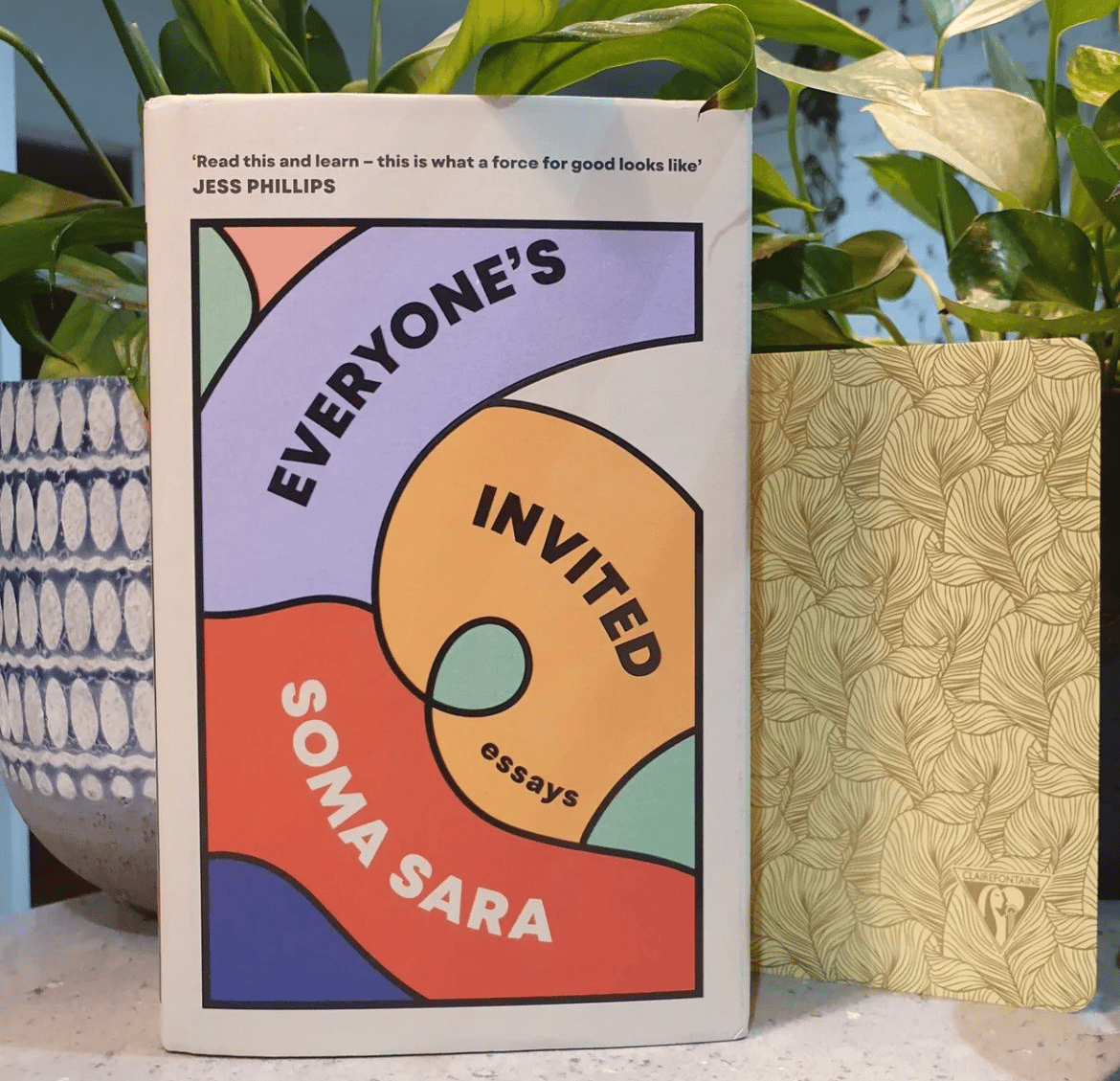
When it came to the book what were your ambitions?
Having triggered conversation in the media, I just felt I wanted to get to the root cause of it, to interrogate it and in doing so, find some solutions.
It’s about understanding – all of us have a role to play in society to challenge what is happening. I don’t think it can be eradicated without engaging everyone, boys and girls. At all levels of society. The solutions are really holistic, it’s about working at every level, engaging politicians, looking at policy, engaging with teachers, engaging with parents and young people, the justice system. Everyone.
And looking at a generation gap – helping older generations understand the modern sexual landscape that is so informed by things like the availability of free pornography, and the digital revolutions, social media and how young people are living in a very different era where they are existing online and there’s not really a separation between the online and offline, and it’s just a very different landscape. So it’s about empowering older people to have the tools and knowledge to support young people and navigate and tackle their culture.
What kind of new pressures are the younger generation under?
If you think about porn there’s a new understanding of what sex is and what it should look like. The reality is that young people are learning to have sex from porn, and it’s very extreme and hardcore, and leads to a lot of pressure to achieve certain standards, and leads to a lot of extreme situations and objectification of women, a lot of violence against women, a lot of racial stereotyping. There’s the normalisation of choking and anal sex, an extreme representation of sex, of what sex should be and look like. That puts pressure on young people to adhere to that. This is where they’re learning about sex. In the end it ends up normalising and sanctioning violence, which is translated into the real sex lives of people.
Then there’s social media with a lot of pressure, and actually pressure on boys and girls, which is really important to understand. Our work is really about acknowledging how harmful this culture is for boys and girls. There is so much pressure on both genders to adhere to a very restricted form of masculinity or very traditional femininity.
On social media there’s a lot of toxic ‘Incel’ radicalisation going on, the rise of the Alpha male influencer, and this is a representation of masculinity that is about domination, aggression, and only being hard and strong. Performing this impenetrable hardness constantly, where there is no space for emotional vulnerability, or mental health, no space for being a human being. And for girls, there is a restricted form of femininity where the only thing that matters is how you look. It’s about being seen and not heard. Enduring discomfort and always putting other people first, and not speaking out or having the confidence to say no and stand up for yourself. So yes, it’s a toxic situation where boys and girls are socialised so differently, but they’re being socialised to not be authentically themselves. Instead they’re constantly performing. So girls are constantly performing online, there’s so much pressure to be sexy and it’s about how skinny you are and impossible beauty standards. And then there’s impossible male beauty standards too – it’s a huge problem for everyone.
What do you make of the rise of Andrew Tate? It’s worrying that because of the very loud obnoxiousness that he’s good social media fodder.
It’s interesting, the intersection how someone like Andrew Tate, with that kind of personality, kind of works with the algorithm. How social media favours that kind of two second clip that’s short and attention grabbing, and galvanising. It feels at the moment that boys are vulnerable to radicalisation, indoctrination, the very extreme and hateful ideology that is anti-feminist and essentially is encouraging violence against women.
There is a disturbing way in which social media can enable the rise of a figure like that.
I watched one video of Andrew Tate and then suddenly my whole feed was full of these aggressive videos – I’d only looked at one thing! The algorithm reinforces what you watch more and more. It’s a huge problem, you’re not really shown a diverse opinions and perspectives, you have the same ones reinforced. You worry what effect they have on people who are impressionable and isolated and vulnerable to that.
They preach this certain idea of how to be a successful man and successful in the world, in which a major part is about being dominant over women, and having sex whenever you want – misogyny is like a shortcut to that success.
100%. It’s reinforcing those very problematic, patriarchal stereotypes, about masculinity and dominating and being in power, that don’t value things like empathy or compassion, I think is incredibly influential.
Despite Andrew Tate and the like, do you think things are shifting for the better?
It’s hard to say, I hope so. These conversations are happening a lot more and becoming de-stigmatised. And so many more victims are speaking out and sharing those experiences. But of course, it is frustrating when you see someone like Andrew Tate become so popular. You feel like, are things really changing?
What’s next on the agenda for you?
I’m really focusing on developing Everyone’s Invited as a charity at the moment and fundraising. Also focusing on solutions – we’ve just released an education program that’s being rolled out in schools at the moment. Focusing on what we can do effect change.
What onus should there be on men to stop online and offline harassment?
It’s so important to engage and call it out and explain why it’s so dehumanising. It’s sad we have to say this but girls and women are human being too. And try to build that empathy and discussion without making it too hostile.
What do you hope people will get from this book?
I really hope that people who have had those experiences will read the book and feel affirmed. And that maybe it will help them heal and move forward and get some catharsis. Knowing that they’re not alone. And I also hope that everyone just learns about these issues and how complex they are and how we might tackle them. Actually be encouraged to want to do something about it and challenge it in their daily lives. And keep having those difficult conversations.
Trending

Join The Book of Man
Sign up to our daily newsletters to join the frontline of the revolution in masculinity.








